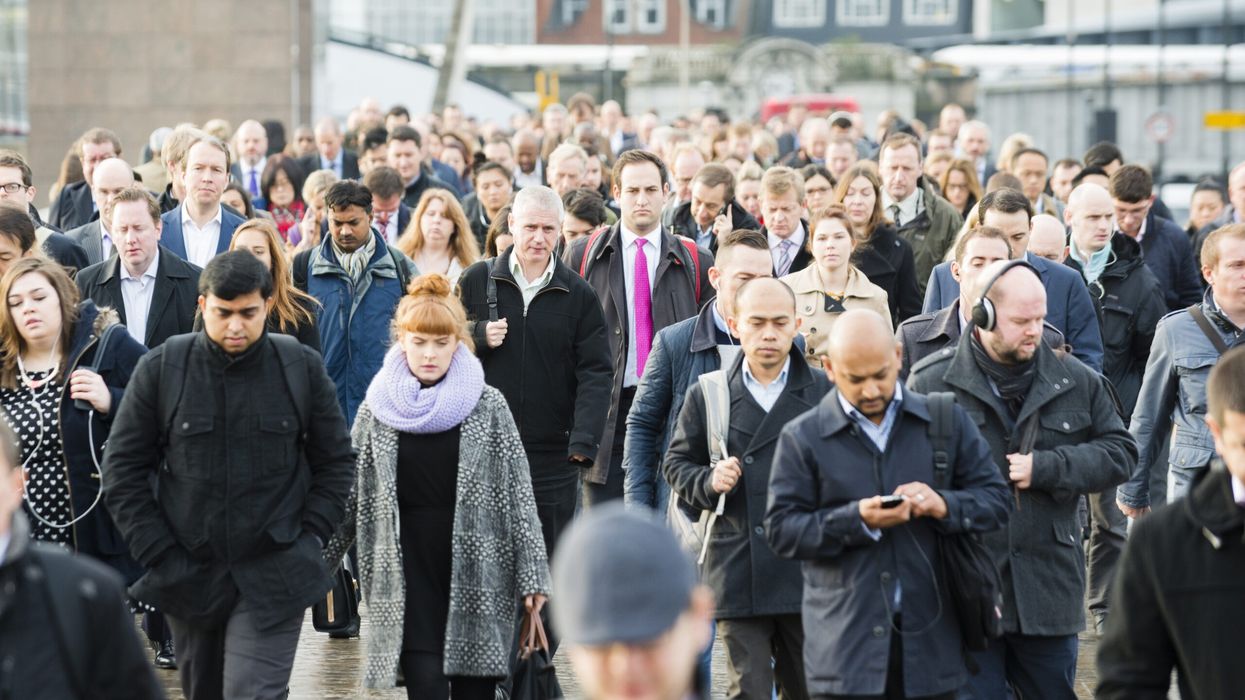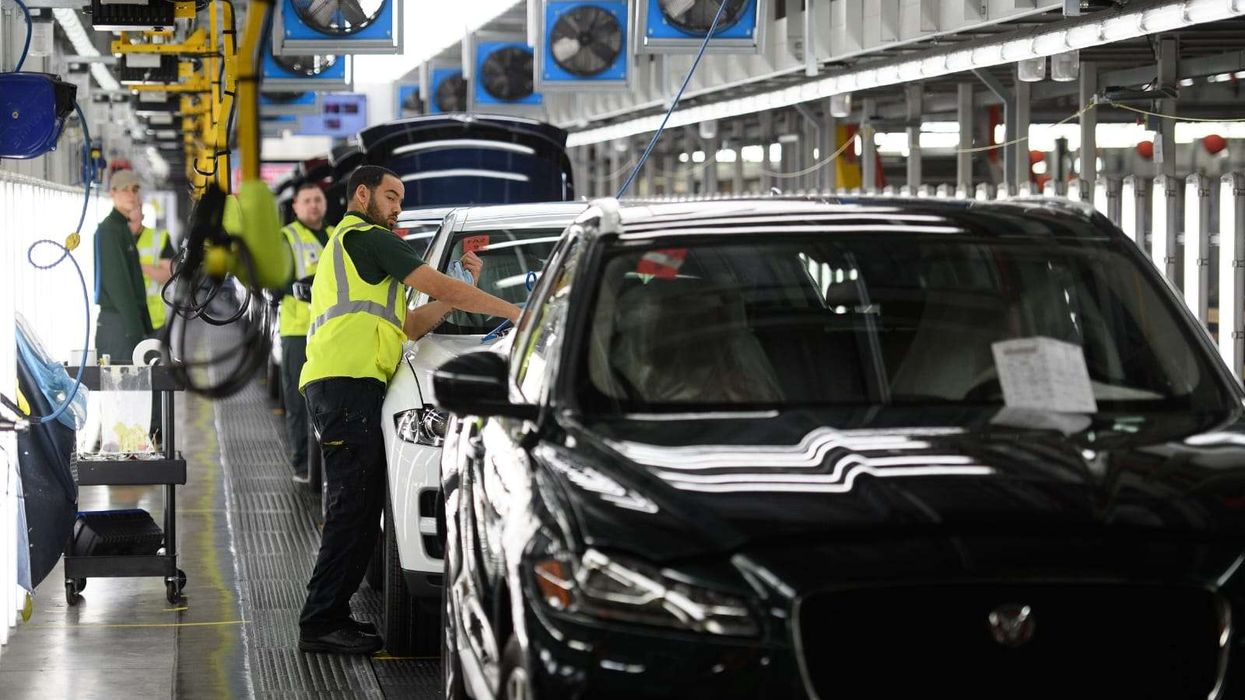Wage growth in UK has slowed but remains at levels that could challenge the Bank of England's 2 per cent inflation target, casting doubt on the likelihood of an interest rate cut in two weeks.
Official data showed that earnings excluding bonuses, a key measure of inflation pressure for the BoE, grew by 5.7 per cent in the three months to the end of May compared with the previous year.
This represents the slowest growth in core pay since the summer of 2022, when employers were increasing salaries to attract and retain staff amid a shortage of candidates.
Sterling and British interest rate futures showed little change after the data was released.
"A modest slowing in pay growth offers some good news for those looking for a rate cut in August," said Yael Selfin, chief economist at KPMG UK. "But with annual pay growth excluding bonuses at 5.7 per cent, the Bank of England may be unwilling to risk an August cut in rates before the labour market has cooled sufficiently."
Total earnings, including bonuses, also grew by 5.7 per cent over the period, matching the median forecasts in a Reuters poll of economists.
In the three months to April, regular pay had risen by an annual 6.0 per cent and total earnings were up by 5.9 per cent.
The BoE is due to make its next rate announcement on August 1. After stronger-than-expected inflation data published on Wednesday, investors estimated a roughly one-in-three chance of a rate cut, the first since 2020.
The Office for National Statistics also announced a delay in the switch to a new version of its Labour Force Survey, which was initially set for September. The new survey aims to address falling response rates but has shown a bias towards older respondents and issues with partial responses.
"While we further develop the TLFS, we will continue to use the LFS as our lead measure of the labour market," the ONS said, adding that it would report back in early 2025 on its progress.
The survey is the source of employment, unemployment, and inactivity data, and its issues have complicated the BoE's task of assessing inflationary pressures in the labour market.
Thursday's data showed additional signs of a cooling labour market in Britain, with vacancies falling by 30,000 in the April-to-June period, the 24th consecutive decline, though they remained almost 12 per cent higher than before the Covid pandemic.
The unemployment rate, based on the LFS survey that is being phased out, held steady at 4.4 per cent.
(With inputs from Reuters)













